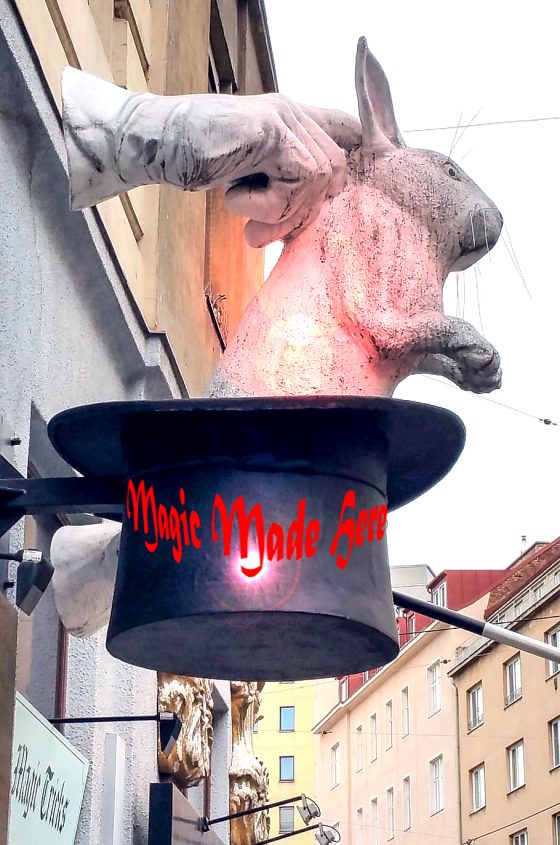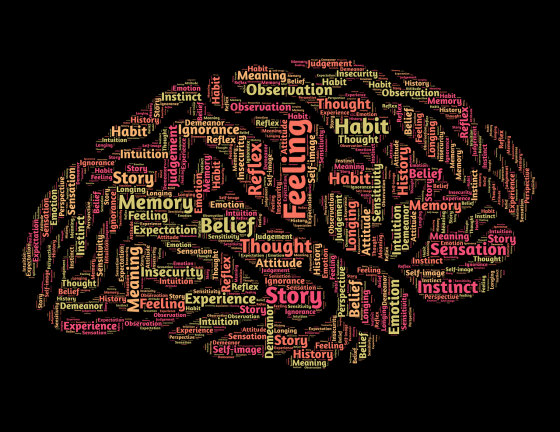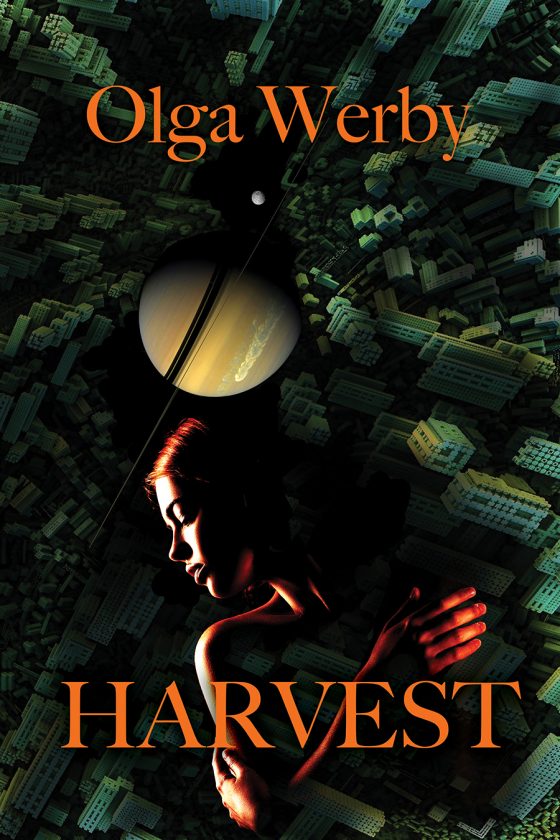
There are two extremes on this spectrum: people who are externally motivated and those who only need what’s already inside them to get moving on a project. No one is always internally motivated and no person always needs an outside push to get started, but one thing for sure during this quarantine — those who are mostly internally driven do better. It is the same problem that people who are self-employed or who work from home face — not everyone is suited to that life. And for those who are now forced into it, depression looms. For those who can’t spin gold out of thin air or conjure dreamscapes or invent a new life and a new way of living, life becomes so dull that hours drag and days lay heavy while months and years slip away. Those who are able to make new things — artists and writers, housebuilders and gardeners, twiddlers and toymakers, composers and musicians, leather crafters and basket weavers, computer engineers and software designers, potters and jewelers, mathematicians and scientists, filmmakers and universe builders, gymnasts and mountain climbers…makers of all kinds — are never bored. There is never enough time to do all that’s inside our…






